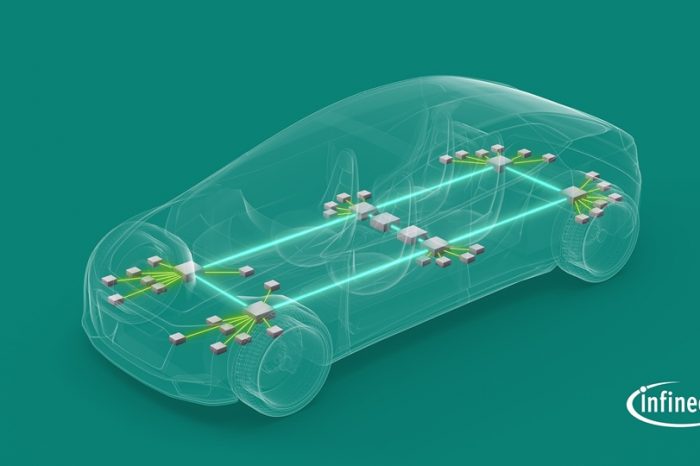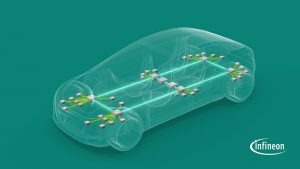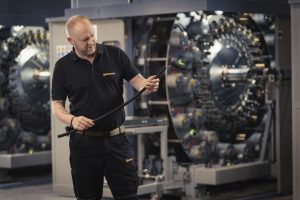State Counsellor Florin Spataru: “We need to implement sectoral state aid schemes, which will have to be included in a programmatic act”

“The automotive sector is extremely important for Romania. International influences in the automotive sector have a direct impact on Romania, on exports, but also on the country’s GDP.
We are closely monitoring what is happening in the automotive industry, which is an important indicator for the country’s economic health. The automotive industry has gone through and continues to go through many challenges.
When there was a discussion about banning internal combustion engines in 2035, we as a country opposed it and said that we need to do an evaluation in 2026-2027 and see if such a process is sustainable. In the same way, we also discussed the implementation of Euro 7 regulations to enable the automotive sector to absorb the effort it makes in the R&D field and to avoid the emergence of projects that are not economically sustainable,” Florin Spataru, State Counsellor, Prime Minister’s Chancellery said at Automotive R&D Conference organized by Automotive Today and The Diplomat-Bucharest.
Key statements:
- The automotive sector also has an essential importance for Romania, namely decarbonization. Compared to 1990, transport is one of the sectors in which emissions have increased significantly. Therefore, this decarbonization must come simultaneously with the development of R&D in the automotive sector.
- R&D does not only mean the way a vehicle looks, but also the data we collect and process to be able to come up with new projects.
- I do not believe that Europe and Romania should give up on decarbonization objectives, but we must evaluate the pace of implementation. In addition to responsibility, decarbonization also means opportunities. We are preparing a report to the Prime Minister’s Chancellery regarding that industrial plan that should have decarbonization as its objective and include the economic segments that will need to be supported in order to achieve our country’s objectives in a realistic way.
- The automotive sector is a catalyst and an economic promoter and an important tool with which Romania can win the competitiveness battle, especially with its rivals in Asia.
- The Romanian Government carefully monitors each industry and prepares state aid schemes. That is why we created that interministerial committee that analyzes state aid schemes. The Ministry of Finance announced that it will have a budget of one billion euros for state aid schemes for certain energy-intensive sectors, but of course we are not referring only to these.
- We need to implement sectoral state aid schemes, which will have to be included in a programmatic act. That is why we want to make that green industrial plan in order to be able to identify the priority sectors for Romania.
- We want to attract European funds that we can direct in accordance with Romania’s economic dynamics. We need to take into account the multiplication factor of money in the economy and the trade balance deficit.



















